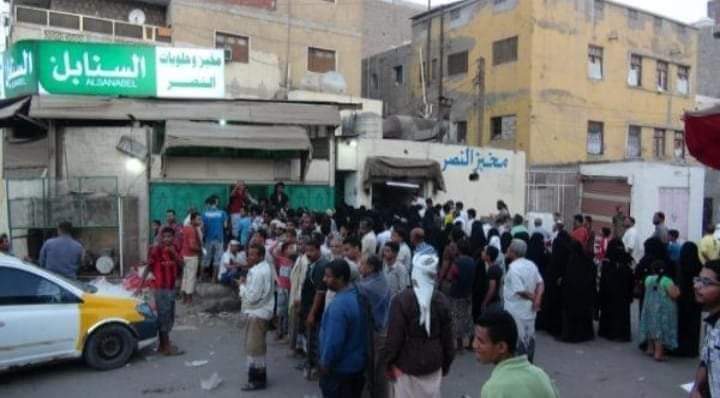MARIB, Nov. 18 (YPA) – The Marib-based Islah Party refused on Tuesday to supply central financial resources to the Aden-run Central Bank, which is under the control of the coalition.
Ahmed Saeed Karama, one of journalists in Aden, confirmed that the decision of the coalition-formed Presidential Leadership Council (PLC)and the Aden government to raise the price of the customs tariff from 750 riyals to 1600 Yemen riyals, which equals $6.71, according to what is called the liberalization of the “customs dollar”, was conditional on economic reforms, foremost among them the supply of central resources to the government’s account in the Central Bank in Aden.
Karama indicated that the head of the PLC, Rashad al-Alimi, was seeking to pass the decision to raise the customs tariff regardless of addressing the problem of non-delivery to the Central Bank.
He stated that raising customs tariffs would not close the financial gap until the Islah-run authorities in Marib officially and accurately remitted revenues, according to what he quoted from economic and banking experts.
Divisions are plagued among various forces and factions loyal to Saudi Arabia and the UAE. These rifts have been spread to the government and the PLC without any solutions being reached among them since their arrival in the Saudi capital, Riyadh, in mid-September.
The PLC’s head of Rashad al-Alimi, backed by Saudi Arabia, along with the head of the Aden government, Salem bin Breik, returned to Aden on Monday after receiving a $90 million grant from Saudi Arabia.
This grant was intended to appease government employees and some pro-coalition factions by disbursing two months’ salaries, which have been suspended since last June.
On Tuesday, The Quartet, comprised of the European Union, Russia, United Nations, and United States, issued a warning to the PLC’s leadership regarding the continued defiance of government directives by some governors, threatening those who fail to comply with revenue collection decisions and take unilateral actions with sanctions, which could include asset freezes and travel bans, according to Reuters.
Since last May, the coalition-backed Aden government has been unable to pay employee salaries due to various leaders seizing all financial resources, including oil and gas resources, in addition to collecting levies at newly established checkpoints on the roads and using them for their own interests.
The deficit had reached the point where the government was unable to purchase a fuel shipment for power generation stations in the city of Aden, where the period of power outages was 16 hours compared to two hours of work, amidst bad living conditions suffered by citizens there.
AA


